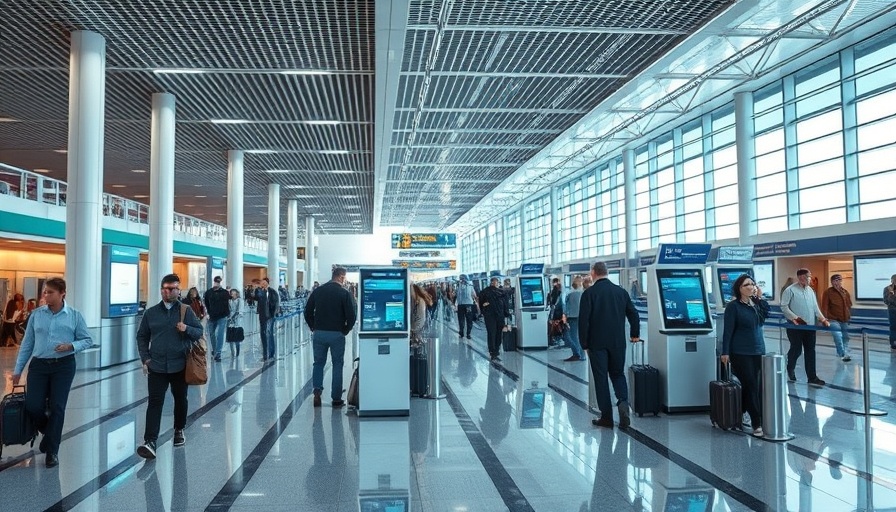
The Ongoing Impact of Cyberattacks on European Airports
Passengers at major airports in Brussels, London, and Berlin are experiencing major disruptions as the fallout from a cyberattack on check-in systems continues into a second day. It is a reminder of how vulnerable our transportation systems can be to modern threats. The cyberattack, believed to involve the software of Collins Aerospace, has left many travelers juggling canceled flights and long wait times as airport personnel rush to manage the chaos.
What We Know About the Cyberattack
The nature of the cyberattack is still murky. Experts suggest involvement from a variety of threats, including hackers, organized crime, or possibly state-sponsored actors. The impact has escalated rapidly, affecting vital processes like check-in, baggage drop, and boarding. In response, airport staff are relying on backup laptops and manual check-in systems to ease the burden on travelers.
Current Situation at Airports
As of Sunday, Brussels Airport has reported over 70 canceled flights, a significant increase from the previous day. Meanwhile, Berlin and London's airports are showing signs of relief but continue to advise passengers to check flight statuses online before heading out to avoid any further inconveniences. Heathrow Airport has stated that, despite the disruption, most flights have continued to operate thanks to collaboration with airlines and a commitment to serve passengers still in transit.
The Broader Implications of Cybersecurity Issues
This incident underscores a critical conversation about cybersecurity in travel. As we rely more on digital systems, the robustness of airport software and its ability to withstand cyber threats come to the forefront. Enhancing cybersecurity measures will not only protect sensitive passenger data but also ensure continued trust in air travel's reliability.
As we navigate through the increased threats of digital warfare, remaining vigilant about our systems and investing in strong cybersecurity practices is essential, not just for airports but across all sectors relying on technology.
 Add Row
Add Row  Add
Add 




Write A Comment